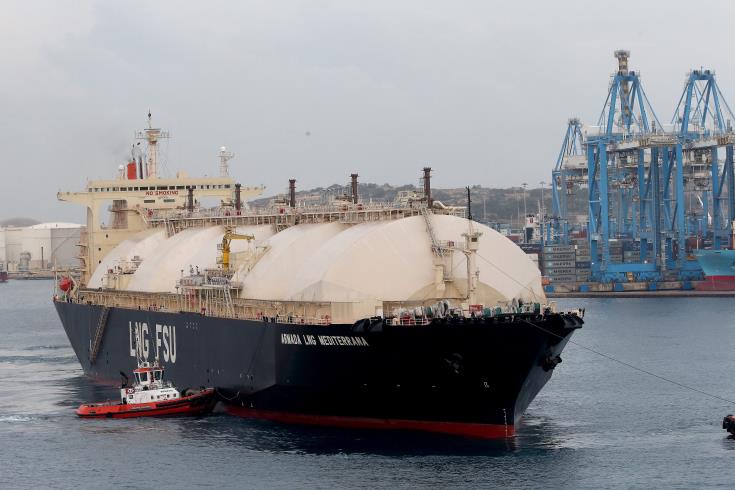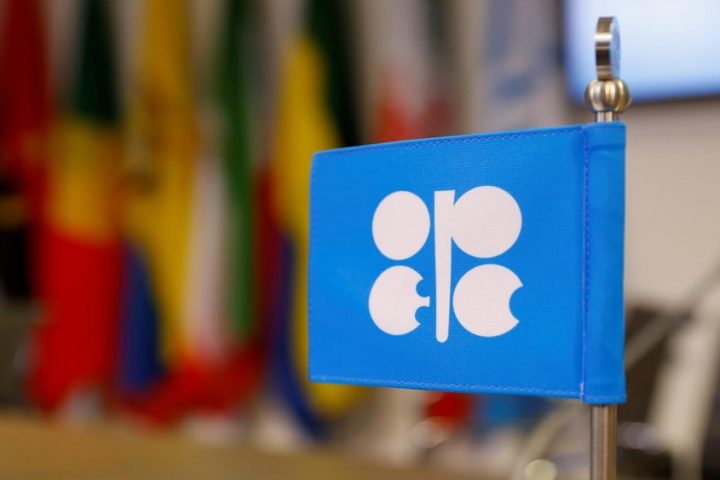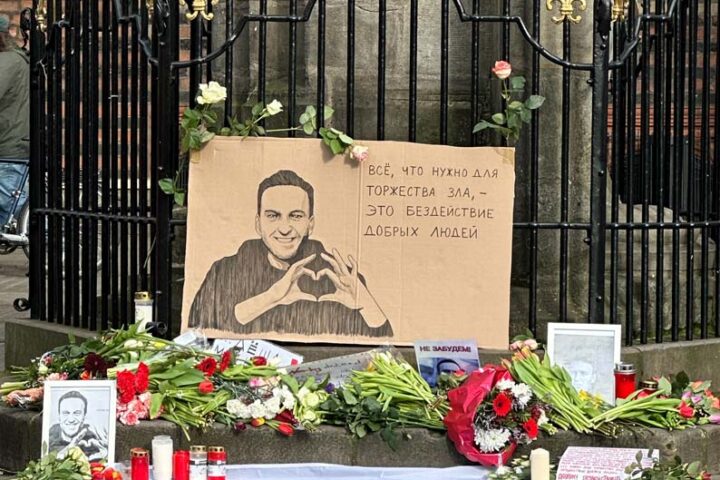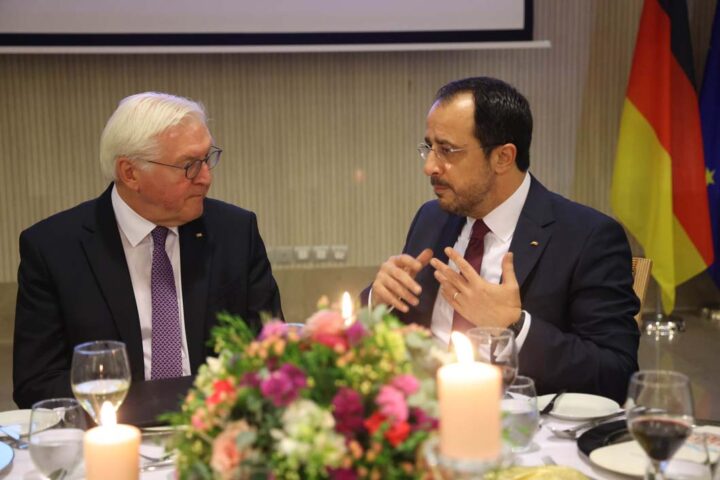Cyprus backs EU plans on energy security and beefing up storage after Russia cut off gas supplies to fellow bloc members Bulgaria and Poland.
Brussels says it is preparing for difficult months ahead in the energy sector, following an extraordinary meeting of the bloc’s energy ministers on Monday to discuss its strategy after Russia decided to cut off Poland and Bulgaria last week.
They discussed the next steps after Gazprom suspended gas deliveries.
The EU is working to ensure the continent’s gas storage will be full by autumn.
It’s currently at 32%, and according to the bloc’s energy commissioner, Kadri Simson, any member state could be the next victim of Moscow’s energy cuts.
Brussels is working in parallel on the sixth package of sanctions against Russia, which will focus on a phased-out embargo of oil. Germany, previously one of the main opponents, is now agreeing to it.
Some countries are calling for a punitive import tax on Russian energy instead of an embargo.
Cypriot Energy Ministry permanent secretary Marios Panayides said Cyprus is the member state with the lowest dependence on Russian natural gas. Still, it is nevertheless affected by the significant increases in energy prices.
He said that Cyprus supports the measures promoted by the EU for its energy security, including the proposal for a Regulation on gas storage and an EU Platform for Common Procurement.
According to the Ministry of Energy, the member states expressed full solidarity and readiness to assist affected partners and secure the EU’s energy supply from reliable suppliers.
In his intervention, Panayides referred to the importance of exploiting the energy reserves of the member states, including the natural gas deposits of Cyprus.
He highlighted Nicosia’s efforts to create synergies with Greece, Israel, and Egypt.
With many European companies facing gas payment deadlines later this month, EU states have a pressing need to clarify whether companies can keep buying the fuel without breaching sanctions against Russia.
Moscow has said foreign gas buyers must deposit euros or dollars into an account at the privately-owned Russian bank Gazprombank, which would convert them into roubles.
The European Commission has told countries that comply with Russia’s scheme could breach EU sanctions while also suggesting countries could make sanctions-compliant payments if they declare the payment complete once it has been made in euros and before its conversion into roubles.
After Bulgaria, Denmark, Greece, Poland, Slovakia, and others last week urged clearer advice, Brussels is drafting extra guidance.
EU countries have paid more than €45 bln to Russia for gas and oil since it invaded Ukraine on February 24, research organisation the Centre for Research on Energy and Clean Air found.
Russia supplies 40% of EU gas and 26% of its oil imports, a dependency that means Germany and others have so far resisted calls for an abrupt halt to Russian fuel imports for fear of economic damage.
The EU is edging towards a ban on imports of Russian oil by the end of the year, diplomats said.









